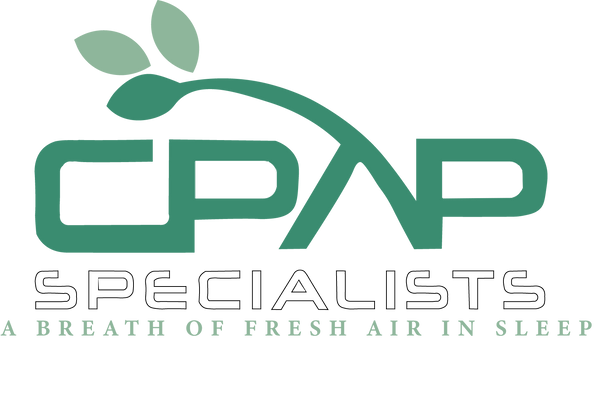Helpful FAQ's
1. What is sleep apnea? Sleep apnea is a sleep disorder characterized by interrupted breathing during sleep. It occurs when the muscles in the throat relax excessively, leading to a temporary blockage of the airway.
2. What are the common symptoms of sleep apnea? Common symptoms include loud snoring, gasping for air during sleep, daytime fatigue, difficulty concentrating, and morning headaches.
3. How is sleep apnea diagnosed? Sleep apnea is often diagnosed through a sleep study, also known as polysomnography. This test monitors various body functions during sleep, including breathing patterns, oxygen levels, and brain activity.
4. What are the risk factors for sleep apnea? Risk factors include obesity, age, family history, neck circumference, and certain medical conditions such as hypertension and diabetes.
5. What are the treatment options for sleep apnea? Treatment options may include lifestyle changes (weight loss, positional therapy), continuous positive airway pressure (CPAP) therapy, dental devices, surgery, and positional therapy.
6. How does CPAP therapy work? CPAP therapy involves using a machine that delivers a constant stream of air through a mask, keeping the airway open and preventing pauses in breathing.
7. Are there alternative treatments to CPAP therapy? Yes, alternative treatments include oral appliances, which are dental devices that reposition the lower jaw and tongue to keep the airway open, and surgery for severe cases.
8. Can sleep apnea be cured? While certain lifestyle changes and treatments can effectively manage sleep apnea, it may not be completely cured. However, symptoms can be significantly improved with proper intervention.
9. Can children have sleep apnea? Yes, children can have sleep apnea. Common signs include snoring, restless sleep, difficulty waking up, and behavioral issues. Consult a pediatrician if you suspect sleep apnea in a child.
10. How can I improve my sleep quality if I have sleep apnea? Adopting a healthy lifestyle, maintaining a regular sleep schedule, avoiding alcohol and sedatives, and using prescribed treatments consistently can help improve sleep quality.
11. Is it safe to drive if I have sleep apnea? Untreated sleep apnea can impair daytime alertness and increase the risk of accidents. It's crucial to address the condition and follow recommended treatments before driving.
12. Can weight loss help with sleep apnea? Yes, weight loss can be an effective way to reduce the severity of sleep apnea, especially in overweight individuals. It is advisable to consult with a healthcare professional for personalized guidance.
